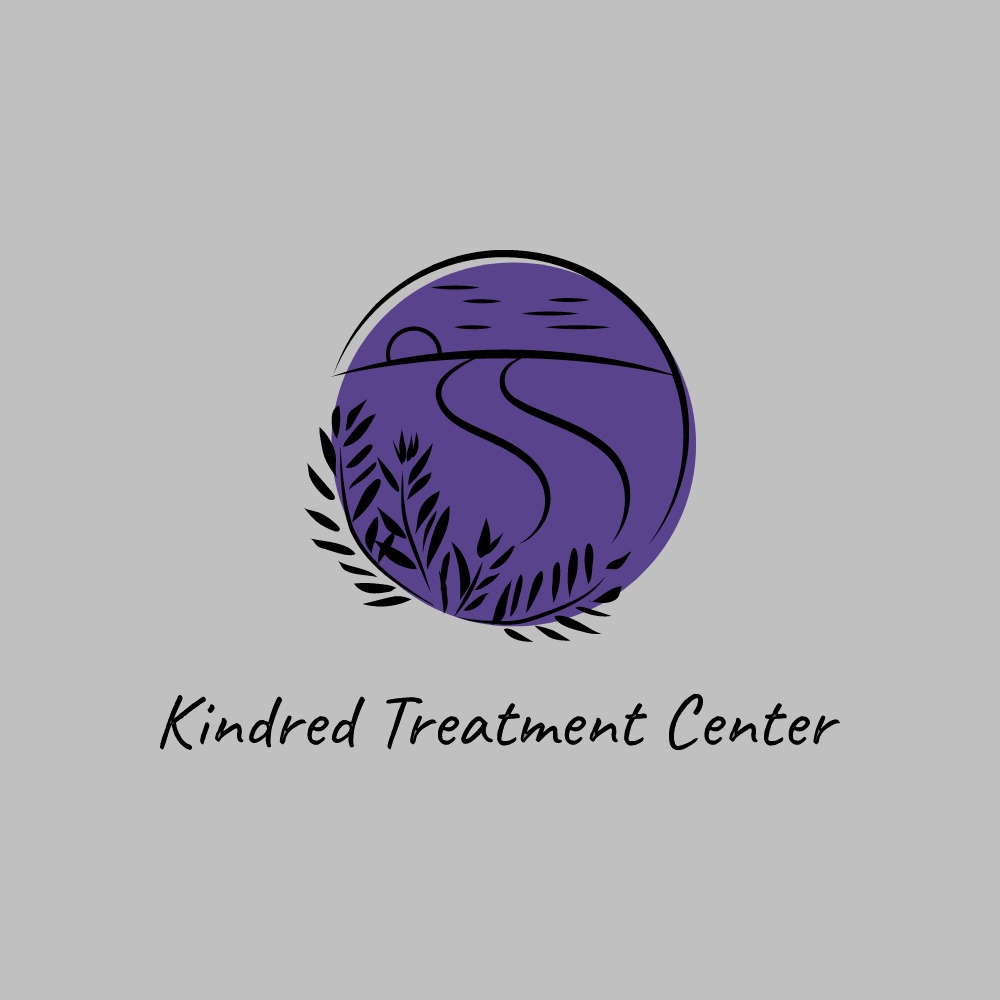Healing Trauma: Addressing Underlying Causes of Addiction
Addiction is a complex and devastating condition that affects millions of people worldwide. While substance abuse may initially seem like the main issue, many professionals in the field of Addiction Treatment recognize that it is often just a symptom of a deeper underlying cause. One of the important factors contributing to addiction is trauma. Addressing trauma in addiction treatment programs is crucial to ensure comprehensive healing and long-term recovery.
Trauma can manifest in various forms, such as physical abuse, sexual assault, neglect, or witnessing a traumatic event. These experiences can leave deep emotional scars that are often suppressed or overlooked. Individuals who have experienced trauma may turn to substances as a means of coping with the pain, using drugs or alcohol to numb their emotions or escape the traumatic memories.
In addiction treatment, it is essential to understand that simply addressing the physical addiction is not enough. The root cause of the addiction needs to be explored and dealt with in order to prevent relapse and promote lasting recovery. By acknowledging and addressing the trauma, individuals can heal more fully and develop healthier coping mechanisms.
Therapies that focus on trauma-informed care have been proven to be highly effective in addiction treatment. These therapies provide a safe space for individuals to process their traumatic experiences, helping them make sense of their emotions and thoughts. Various modalities, such as cognitive-behavioral therapy (CBT) and Eye Movement Desensitization and Reprocessing (EMDR), can be employed to assist in the healing process.
CBT allows individuals to identify and reframe negative thoughts and behaviors that may have originated from traumatic experiences. By challenging and replacing these harmful patterns, individuals can develop healthier coping mechanisms and reduce the likelihood of relapse. EMDR, on the other hand, helps individuals process traumatic memories by engaging in bilateral stimulation, such as eye movements or tapping, to facilitate the brain’s natural healing processes.
In addition to therapy, holistic approaches that address the mind, body, and spirit are key to a comprehensive addiction treatment plan. Practices such as mindfulness meditation, yoga, and acupuncture can help individuals connect with their emotions, reduce stress, and develop a sense of inner peace. These techniques assist in healing the trauma while creating healthier habits that support long-term recovery.
It is evident that trauma plays a significant role in addiction, and therefore, a comprehensive addiction treatment plan must address this underlying cause. By providing trauma-informed care and utilizing evidence-based therapies, individuals struggling with addiction can embark on a journey of healing, self-discovery, and long-lasting recovery.
Remember, overcoming addiction is a process, and it requires patience, support, and specialized care. If you or someone you know is struggling with addiction, seek help from a qualified addiction treatment provider who understands the essential connection between trauma and addiction. Together, we can break the cycle of addiction and rebuild lives based on healing, understanding, and compassion.
************
Want to get more details?
Kindred Treatment
https://www.kindredtreatmentcenter.com/
410-861-0066
3000 Manchester Road Suite B
Outpatient Treatment Center offering mental health therapy, medication management, and addiction treatment including IOP, evaluations, and DUI education.

